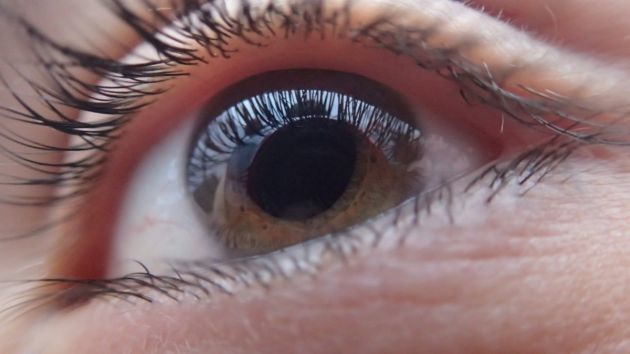Health news: Australian scientists to put bionic eye implantation to test

The blind could have the chance to see again.
This is if the Australian scientists involved in the making of a new bionic eye system are successful in their laboratory trials. The said system is expected to restore vision way better than current vision restoration technologies.
Engineers at the University of New South Wales (UNSW) were able to develop a fully implantable bionic eye system called "Phoenix99," which they have been working on since 1997. The goal has always been geared towards the restoration restoring sight to people who suffer from retinitis pigmentosa and age-related macular degeneration.
Retinitis pigmentosa is the leading cause of blindness among young people and is often present in their 30s. If left untreated, it can lead to complete blindness within 10 years. Medications for the this degenerative disease, however, can only slow its progress; scientists are still at the stage of discovering how to reverse the degeneration. Moreover, treatment is expensive and only available in developed countries.
Within the device are a number of world-firsts in neural simulation technologies. Co-inventors Nigel Lovell and Gregg Suaning has successfully demonstrated the capabilities of the device in a pre-clinical work by a team of elite surgical experts in Sydney, Australia. And they recently received $1.1 million funding boost to help them move towards the next stage of the research — human implantation.
"We were really excited by the first trial because it proved the technology and implementation technique works," said Suaning. "Patients 'learn' to use the technology, in the same way a person implanted with a cochlear ear implant 'learns' to hear electrical impulses."
Lovell and Suaning's research has led in the establishment of Bionic Vision Australia (BVA) in 2009. In 2012, the BVA research team made their first partially implanted prototype into three patients with retinitis pigmentosa.
"It's been amazing," said Dianne Ashworth, one of the implant recipients. "The more I've used it, the more natural it feels."
In contrast to this prototype, the Phoenix99 bionic eye will be fully implantable. To continue their research, the team would need an additional $10 million for the next five years.